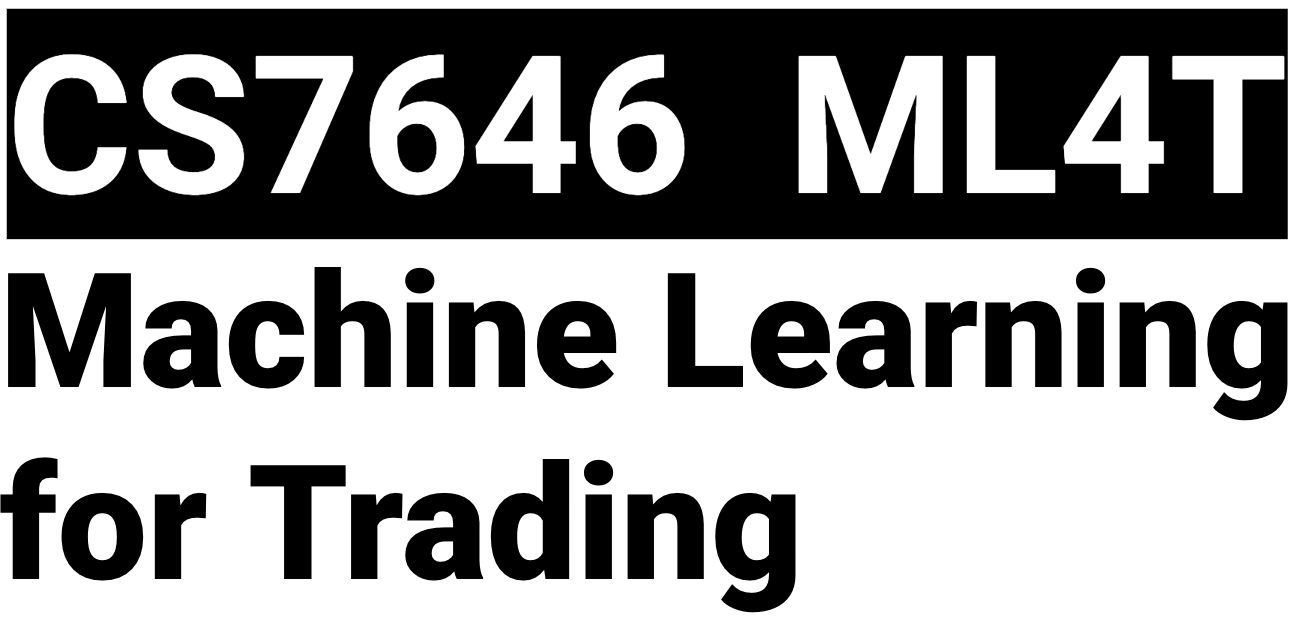Exam 2 Study Guide – Legacy
Exam 2 will cover all material on the schedule since Exam 1. The exam is closed book, closed notes. No calculator is allowed. The topics and readings are as follows:
Topics
- MC2 Lesson 6, Technical analysis
- MC2 Lesson 7, Dealing with data
- MC2 Lesson 8, The Efficient Markets Hypothesis
- MC2 Lesson 9, The fundamental law
- MC2 Lesson 10, Portfolio optimization and the efficient frontier
- MC3 Lesson 5, Reinforcement Learning
- MC3 Lesson 6, Q-Learning (Part 1)
- MC3 Lesson 7, Q-Learning (Part 2) & Dyna
- Options
- Movie: The Big Short
- ML methods for time series data
- Technical trading
Readings
- “What Hedge Funds really do”, Chapter 12: Overcoming data quirks to design trading strategies
- “What Hedge Funds really do”, Chapter 8: The Efficient Market Hypothesis(EMH) – its three versions
- “What Hedge Funds really do”, Chapter 9: The fundamental law of active portfolio management
- “Machine Learning”, Chapter 13, Reinforcement Learning
Legacy
- Comparison of different regression learner performance characteristics: Trees, forests, KNN, linreg
- Comparison of learner types: Regression, Classification, RL
- Overfitting: Definition, how to identify, what might prevent it, what might cause it?
- Bootstrap aggregating.
- Boosting.
- Decision trees. Random versus information based construction. Advantages of one over the other.
- Reinforcement learning: How is it defined? Questions about State, Action, Transitions, Reward
- Q-Learning. The update equation, definition of Q
- Dyna-Q
- Things you should know because you did the projects. In sample versus out of sample. Istanbul problem, why did shuffling help?
- Options
Readings:
- “Machine Learning”, Chapter 1, Introduction
- “Machine Learning”, Chapter 8, Instance-based Learning
- “Machine Learning”, Chapter 3, Decision Tree Learning
- “Machine Learning”, Chapter 3, Decision Tree Learning
- Paper: “Perfect Random Tree Ensembles” by Adele Cutler
- “Machine Learning”, Chapter 13, Reinforcement Learning
